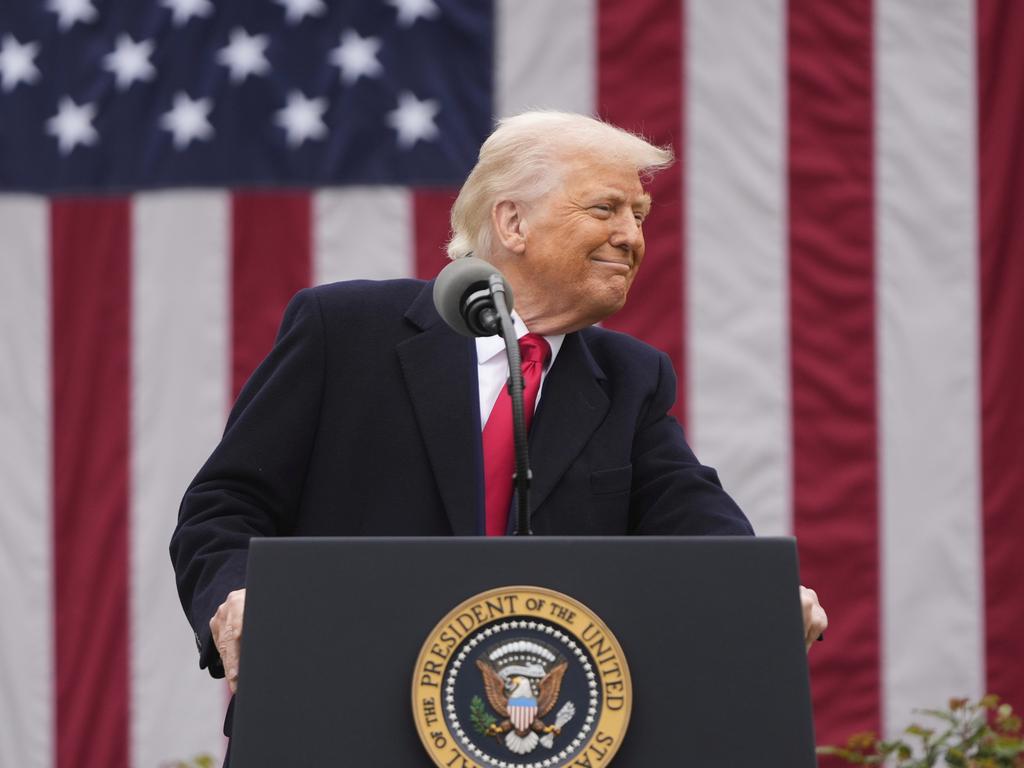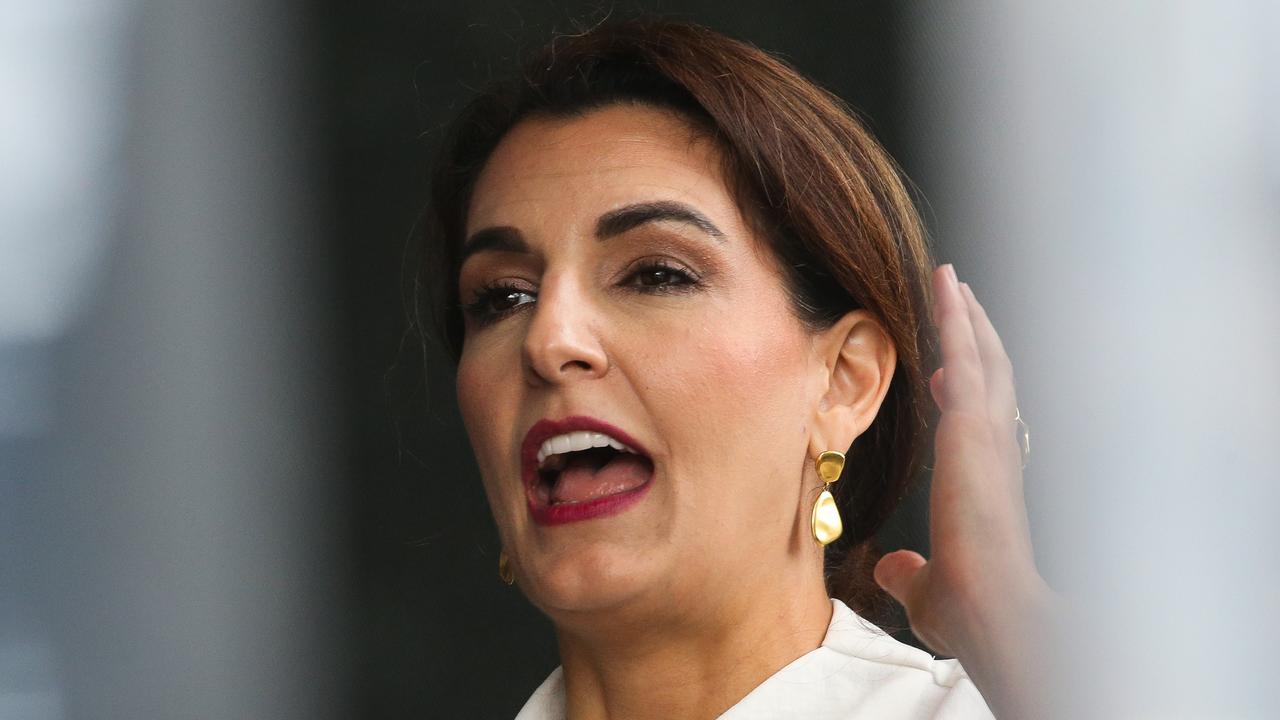Explained: Anthony Albanese’s response to Donald Trump tariffs
America’s 10 per cent tariff on Australian goods has sparked a strong response from Anthony Albanese. AUSSIE PLAN EXPLAINED
Federal Election
Don't miss out on the headlines from Federal Election. Followed categories will be added to My News.
America’s 10 per cent tariff on Australian goods is not based in any logic, Prime Minister Anthony Albanese has declared as he announced new domestic measures to support hurting industries.
Speaking at a press conference in Melbourne in the immediate aftermath of Donald Trump’s long-awaited tariff announcement, Mr Albanese mirrored Canadian leaders Mark Carney and Justin Trudeau and declared that the move will only hurt American households.
Here are four of the key responses from the Australian Prime Minister >>>
No reciprocal tariffs
Labor said “Australia won’t join a race to the bottom” by slapping reciprocal tariffs on America.
Despite concerning comments from Mr Trump, there is no ban on Australian beef — only the 10 per cent tariff.
Holding strong at bargaining table
Mr Albanese again reiterated that Australia will not weaken its pharmaceutical benefits scheme, media bargaining laws or biosecurity laws to pander to US grievances.
He also unequivocally ruled out repealing the world first social media ban for under 16s that passed parliament with bipartisan support last year.
“Our position is not up for negotiation, whether it be the news media bargaining code, or whether it be the social media legislation, which is world leading.”
Boost for impacted industries
Mr Albanese announced $50m for impacted industries to secure new export markets and $1bn in no interest loans.
When asked what everyday Australians can do to respond to US actions, Mr Albanese urged them to but local.
“Buy Australian is one way that we can respond. We can be proud of our progress. We can’t control what the US administration (does),” he said.
Mr Albanese said Australia’s strong critical minerals reserve would put us in a good negotiating position.
“We’ve got the whole periodic table just about, that’s a good thing.”
■ Revealed: How tariffs will affect Australia
No change to US pact
He ruled out rethinking the AUKUS defence pact with the US in light of their decision because AUKUS was in “Australia’s interest”.
Trade Minister Don Farrell, who joined Mr Albanese for the press conference, said the 10 per cent tariff from the US was markedly different to China’s 220 per cent tariff on Australian wine under the Morrison government.

The government will steer clear of comparisons between Scott Morrison’s handling of the China relationship and Australia’s trade grievances with the US because the Prime Minister has spruiked his stabilisation of international relationships as a key success of his first term.
“Can I make a distinction between what happened when China imposed a 220% tariff on Australian wine — that killed wine exports the next day,” Mr Farrell said.
“That’d not what’s happened here.”
The Red Meat Advisory Council (RMAC) said it was disappointed in the United States’ decision to impose tariffs on Australian red meat exports.
RMAC Chair, Mr John McKillop, said the decision to impose a 10 per cent tariff on goods imported to the US failed to recognise that Australian red meat contributes to stable food supplies and prices in the United States.
“While Australian meat exports will shortly be subjected to a 10 per cent tariff, there is no ban on Australian red meat and our trade with the US will continue,” he said
“For beef, a major component of Australia’s exports to the US supports a strong appetite for hamburgers. Without Australian lean beef blended with local fatty trim, the US would need to use higher value cuts in their burgers and miss out on valuable export opportunities.”
Originally published as Explained: Anthony Albanese’s response to Donald Trump tariffs







